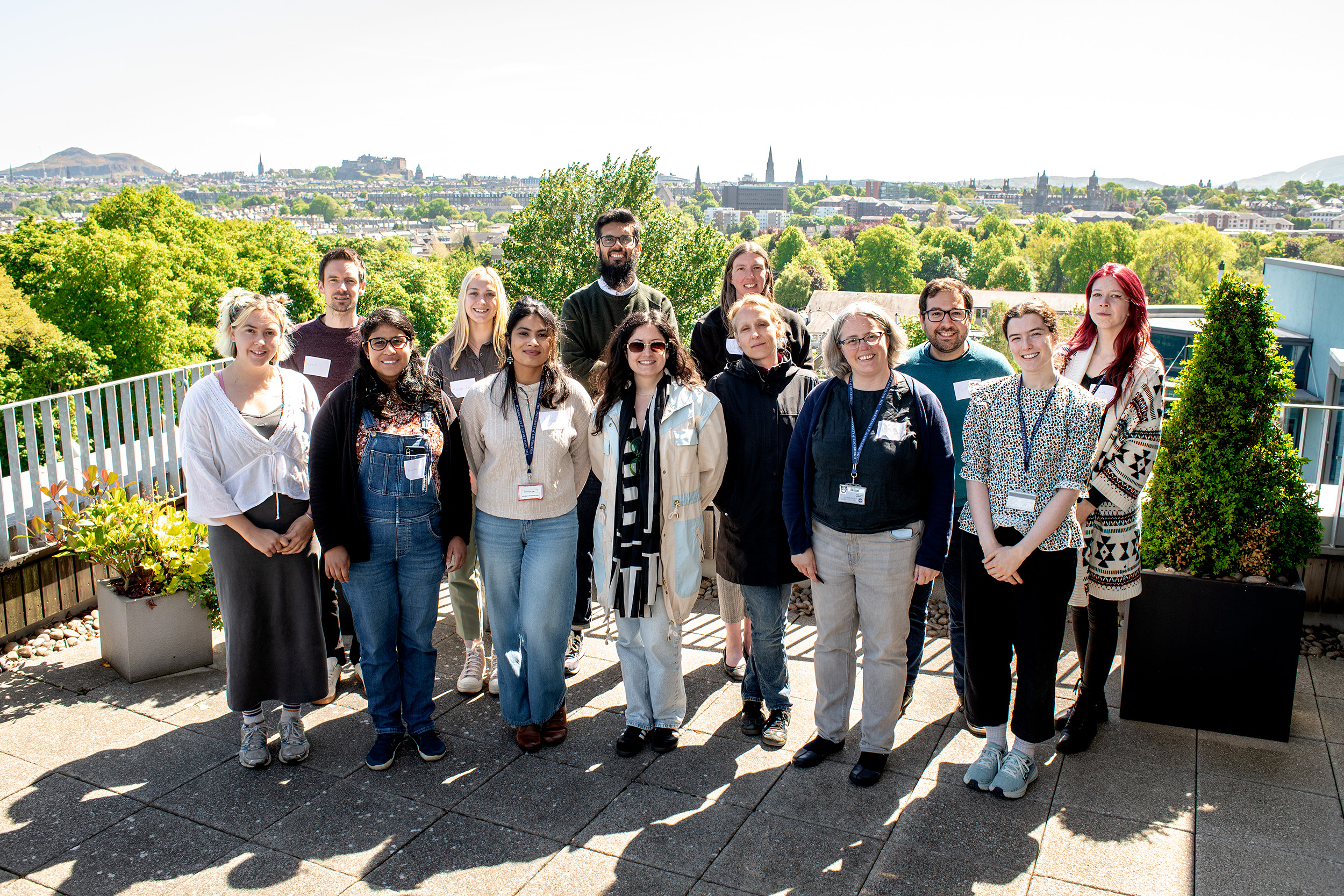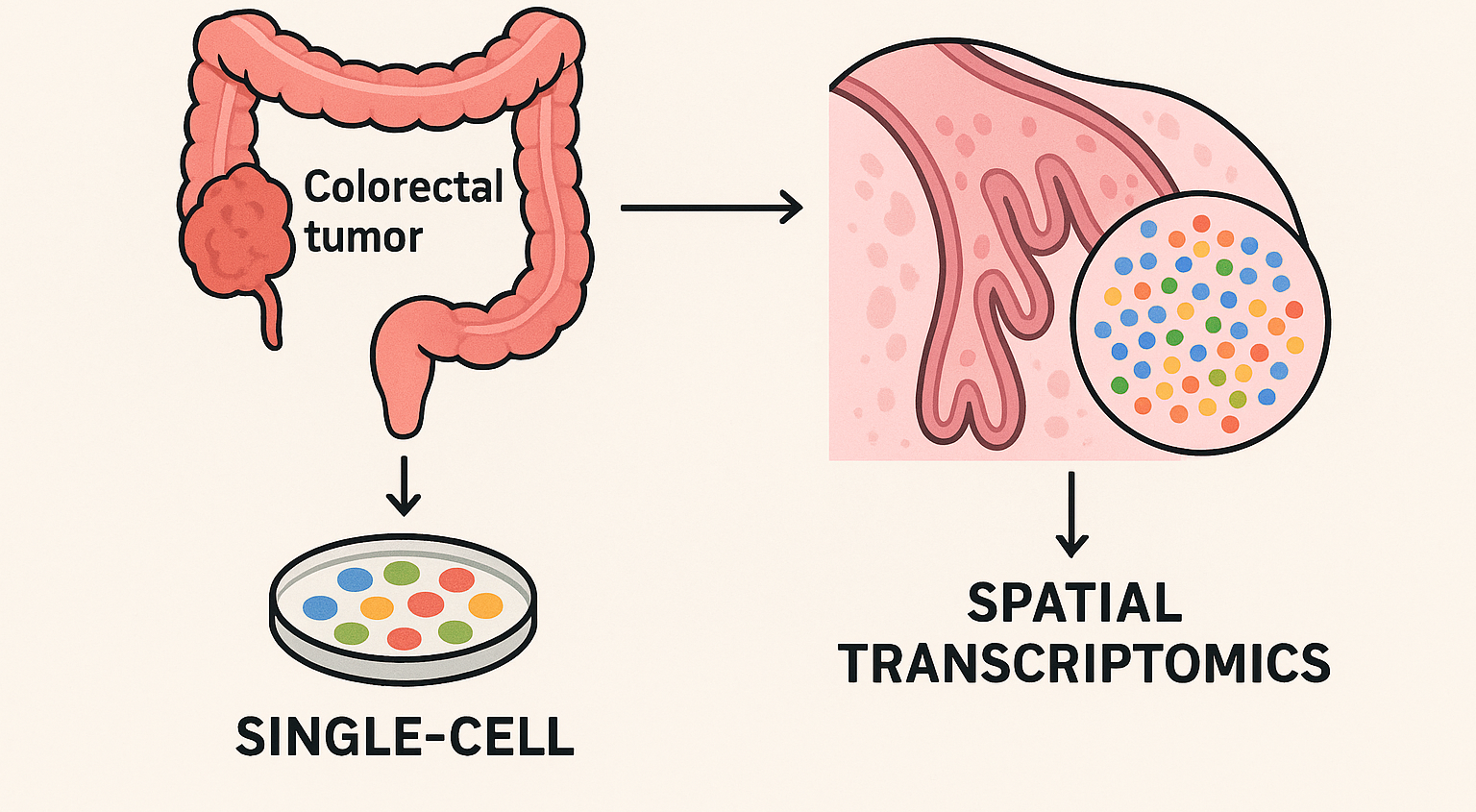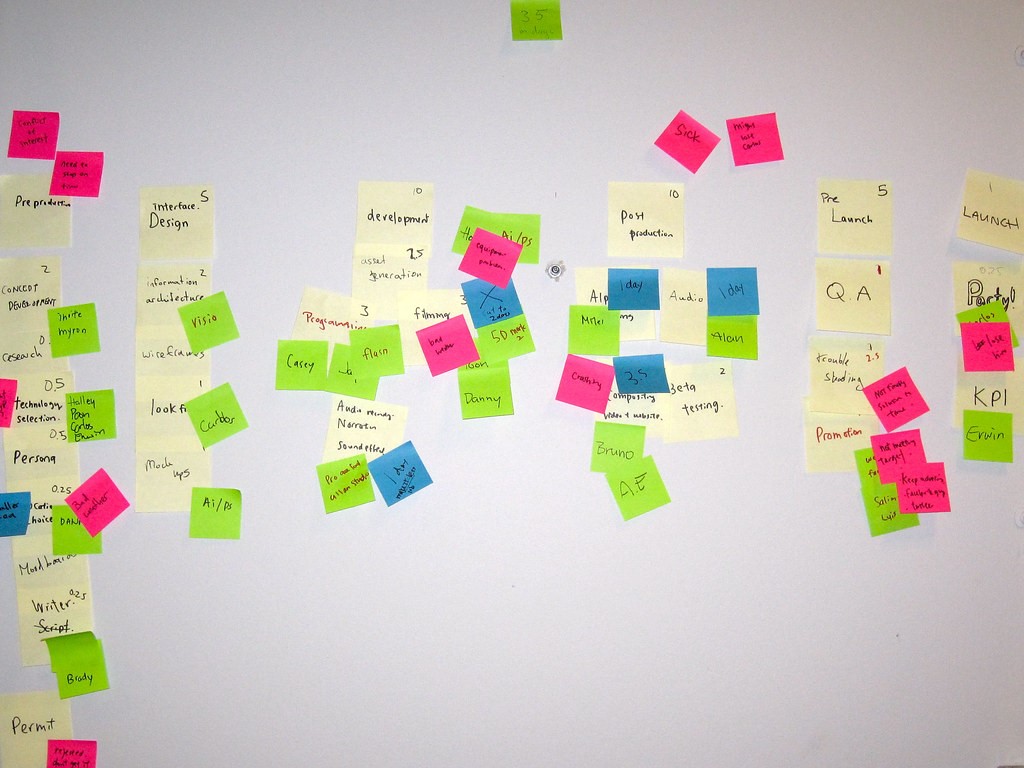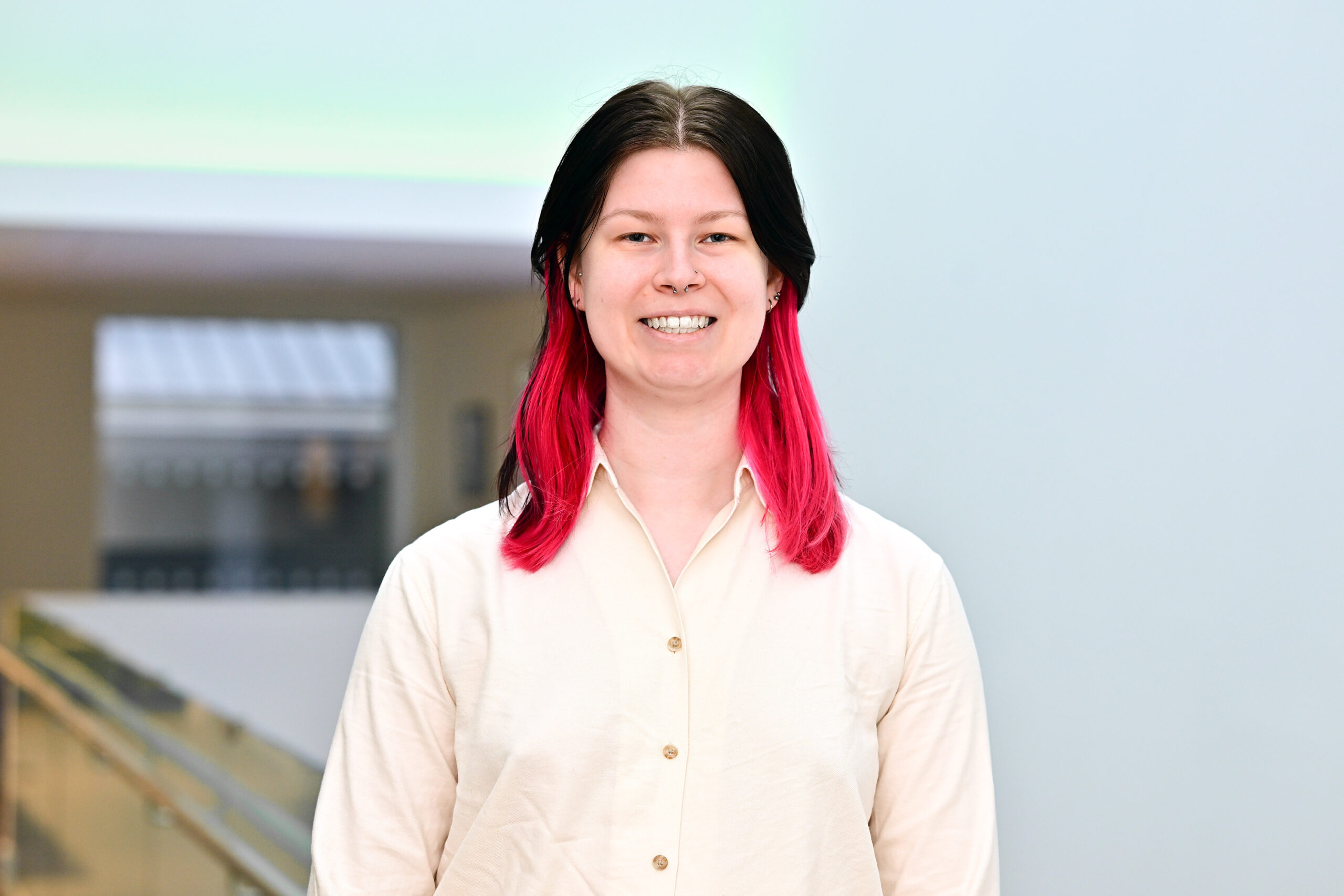Category: PhD Life
Life as a PhD student.
By Ewa Ozga, MRC PhD Student in Human Genetics, Genomics, and Disease The Edinburgh Super-Resolution Imaging Consortium (ESRIC) is an initiative connecting state-of-art imaging facilities staffed by an exceptional team which works towards advancing microscopy techniques and sharing knowledge and resources. The consortium is a collaboration between the University of Edinburgh’s Advanced Imaging Resource at […]
Hi, my name is Yujia and I am a first year PhD student in Kevin Myant’s lab studying cell plasticity in bowel cancer and metastasis. Inspired by the initiatives of charities like Bowel Cancer UK during Bowel Cancer Awareness Month, I would like to share our current research and its importance in understanding the disease […]
Hi! My name is Gerda, and I very proudly count myself among the number of medics currently undertaking a PhD in Cancer Biology. Having been inspired by Rowan on the sister MB-PhD TRAM Programme (who’s put out a wonderful piece of writing which you can find here), I thought it might be nice to write […]
“Agile Project Management” by VFS Digital Design is licensed under CC BY 2.0. To view a copy of this license, visit https://creativecommons.org/licenses/by/2.0/?ref=openverse Research. The Cambridge Dictionary1 defines research as ‘a detailed study of a subject, especially in order to discover (new) information or reach a (new) understanding’. The word ‘research’ may evoke an image of […]
Image reference: Created using Google Gemini (1.5 Flash) Quick question, do you also aspire to become a scientist? If you dream of becoming a biomedical scientist, you probably picture yourself in a white lab coat, big goggles on your nose, surrounded by test tubes, and maybe even a few white mice nearby. Or, if space […]
Hi! My name is Janice, and I’m a first-year PhD student in the Genetics and Molecular Medicine programme at the Institute of Genetics and Cancer (IGC). My PhD programme is a collaboration with the Max Delbrück Center for Molecular Medicine in Berlin, so I’ll spend 4–5 months there as part of my studies. I’m excited […]
If someone had told me a year ago that I’d be five months into a PhD in Edinburgh, I probably wouldn’t have believed them. Not because it wasn’t something that I aspired to, but because the reality of uprooting my life, moving to a new city and being miles away from my family and friends […]
A day in a life as scientist is ever-changing. Science is fun, challenging, exciting, educational, interactive, social, mind-blowing and of course, fascinating. A typical workday encompasses many of these, making each day a little adventure. Staying informed is crucial as a research scientist. Around the globe, new research ideas are emerging and evolving all day […]
About Me Hi everyone! I’m Alsadeg, a fifth-year medical student at the University of Edinburgh, currently in the first year of the PhD phase of my MB-PhD. I’d like to tell you a bit about this programme and, hopefully, shed some light on why I’ll be at University for nine years and how I ended […]
There it was… I knew immediately that this was a path I wanted to take. Hello everyone! My name is Rowan and I am currently in the middle of my first year of the TRAM MB-PhD programme. I shudder slightly as I transition from saying start of my first year to middle of my first […]











